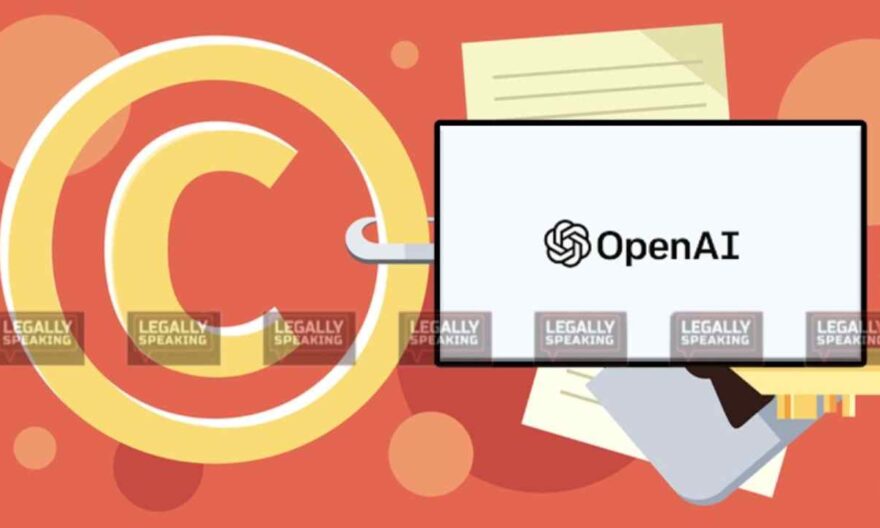
OpenAI has been sued by two authors in a proposed class action filed in San Francisco federal court. The authors, Paul Tremblay and Mona Awad, who are based in Massachusetts, allege that OpenAI improperly utilized their works to “train” its widely used generative artificial intelligence system, ChatGPT.
According to the lawsuit, ChatGPT extracted data from thousands of books without obtaining the authors’ permission, thereby infringing upon their copyrights.
Matthew Butterick, the attorney representing the authors, chose not to provide any comments regarding the matter. OpenAI, a private company with support from Microsoft Corp., has not yet responded to the request for comment made by representatives.
A number of legal disputes have arisen regarding the use of material for training advanced AI systems. Among the plaintiffs are individuals who own source code and have taken legal action against OpenAI and Microsoft’s GitHub, as well as visual artists who have filed lawsuits against Stability AI, Midjourney, and DeviantArt. The targets of these lawsuits have argued that their systems utilize copyrighted material under fair use.
ChatGPT, an AI system that engages in conversational exchanges based on user prompts, experienced unprecedented growth as a consumer application. Within just two months of its launch, it amassed 100 million active users, making it the fastest-growing consumer application in history.
Generative AI systems like ChatGPT generate content by drawing on large quantities of data scraped from the internet. According to the lawsuit brought forth by Tremblay and Awad, books play a crucial role as they offer excellent examples of high-quality longform writing.
In their complaint, the authors estimated that OpenAI’s training data included over 300,000 books, including those obtained from illicit “shadow libraries” that distribute copyrighted books without permission.
Mona Awad is known for her novels such as “13 Ways of Looking at a Fat Girl” and “Bunny,” while Paul Tremblay’s works include “The Cabin at the End of the World,” which was adapted into the film “Knock at the Cabin,” directed by M. Night Shyamalan and released in February.
The lawsuit seeks unspecified monetary damages on behalf of a nationwide class of copyright owners whose works were allegedly misused by OpenAI.




